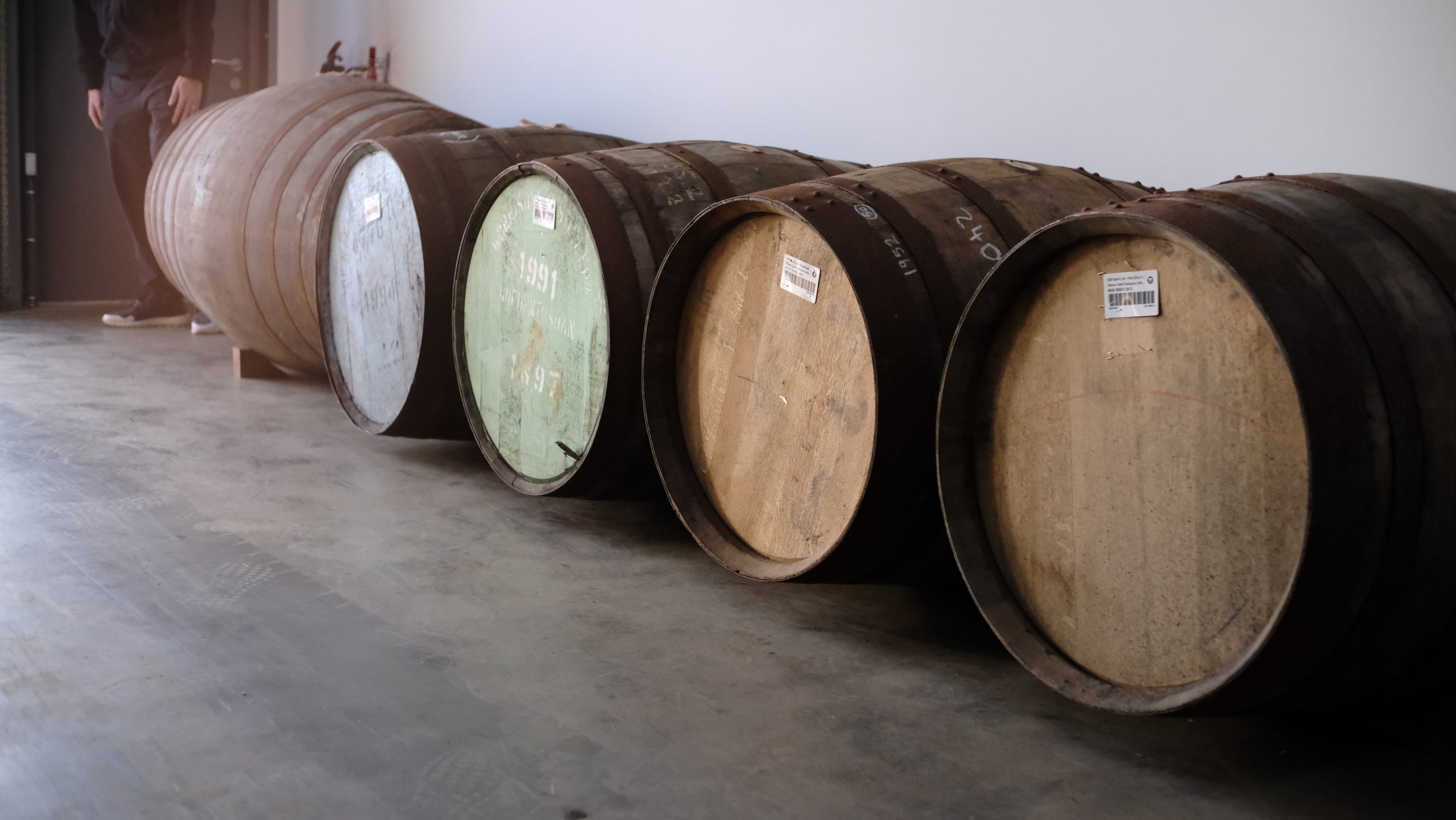The Uncomplicated Version
Pros of having your own warehouse cask account include having full ownership rights and access to your cask. On the flipside (cons), opening your own account can be difficult and you may be limited to the number of casks you can hold at any given time.
Pros of entrusting your cask to an intermediary are enjoying lower costs such as storage, insurance and duty rep costs and having a simpler system of managing your asset. The Cons include a partial transfer of ownership and being at the mercy of your custodian for all cask management matters.
8 October 2024 – As a cask owner you have two options when it comes to managing your private whisky cask (maybe three if you count whisky funds but we won’t go there). In this article I’ll talk about the two options and the pros and cons of both.
Option 1 – Own a Whisky Cask Warehouse Account
Think of these warehouse accounts as kind of like owning your own mailbox at a Post Office (yes, I’ve deliberately used this analogy to throw off the Gen Zs). The Post office will allow you to open a mailbox where you can receive mail and they’ll help forward it, hold it and look after your mail for a fee. In a similar fashion some warehouses will help open private accounts for cask owners. If you open up an account with a warehouse, make sure it’s HM Revenues and Customs (HMRC) approved.
Pros:
- Full, legal ownership of your cask – by having a cask properly transferred to you via a seller or intermediary through a Delivery Order (or DO’d as they say in the industry) you will fulfill the HMRC’s’ prescribed process for legal ownernership of your cask. This means you’ll be properly protected in case anything were to happen to any custodian that may be managing your cask
- Full Access – Access your cask at any time by contacting the warehouse to perform things such as drawing samples, bottling, regauging or on sell your cask
Cons:
- Unavailability of Accounts – Warehouses don’t always have the option for private accounts. From a warehouse point of view, there’s a high admin burden with processing DOs and taking on countless individual requests with a limited number of workers. For this reason, it’s quite common for warehouses to request a minimum number of casks.
- Limited number of Casks – It’s broadly accepted in the market that private cask owners have an upper limit of 5 casks that they can hold at any given time before they are considered a Revenue Trader. A Revenue Trader simply put is viewed in the eyes of the HMRC as carrying a trade or business of casks and are subject to licensing requirements. As a cask owner looking to own more than 5 casks, it’s recommended that the individual obtains the correct license (WOWGR) or a Duty Rep.
See our Article: What’s a WOWGR and a Duty Rep – Do I need one?
Option 2 – Use a Custodian
Let’s stick with the Post Office analogy here. A Custodian can open up a single mailbox but share their mailbox details with a number of people. Any incoming mail then is processed, held, forwarded and protected by the Custodian.
This is a very common option for those in private cask ownership and is typically offered by cask brokers and traders.
Pros:
- Costs can be lower – Storage costs, admin fees and in some instances insurance can be lower when consolidating casks under a broker in a Custodian Account. This will depend on the arrangement of your Custodian but benefits of scale can materially help lower management costs.
- Simpler Management – Having an account manager with a custodian can simplify the management of your cask especially if you have a number of assets.
Cons:
- Incomplete legal transfer – As a buyer and cask owner, it’s important that if you’re using a Custodian that you trust them with your assets. In the analogy of a Post Office, if the mailbox owner decides to skip town or are unable to pay the mailbox rental fees, then sorting out any leftover mail between you and all the other people in that mailbox can become quite tedious. In the case of casks, if a Custodian should suddenly exit, then it’s often a lengthy process to recover your cask oftentimes requiring legal intervention.
- Limited access and visibility – Access to your cask is only as good as the customer service offered by your Custodian. By going through a Custodian, there may be delays in the delivery of warehouse services. An additional layer of Due Diligence should be performed to ensure that you’re comfortable with your Custodian of choice.
There are definitely pros and cons to the 2 options outlined above. At Spirited, we encourage our clients to open their own accounts where possible as the benefit of holding and managing your own cask far outweigh some of the risks. This being said, we offer both options to suit client needs.
Drop us a message if you’d like to learn more about your options as a prospective cask owner or if you would like to discuss changing your current arrangement as an existing cask owner.



